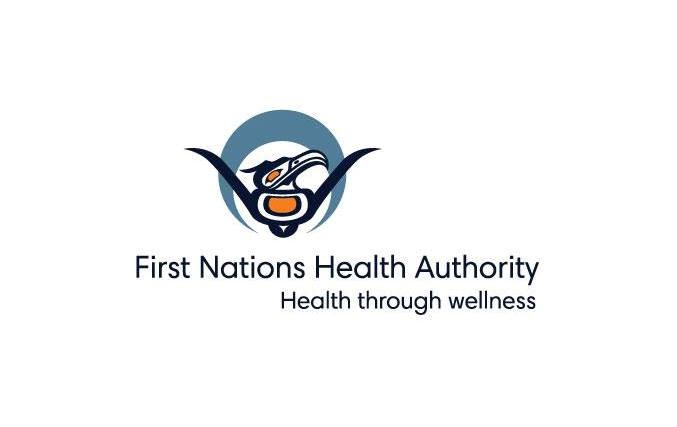Half of Indigenous communities in northern B.C. have completed their COVID-19 vaccination programs, according to information released by the First Nations Health Authority on Thursday.
Twenty-seven of the 54 First Nations reservations in the Northern Health region have completed their "whole of community" vaccination clinics – vaccinating everyone 18 years old and older who wanted to receive a COVID-19 vaccine, FNHA vice president Katie Hughes said. Some of the remaining communities in the north have had limited vaccination clinics for elders, she added, and work is underway to vaccinate the remaining unvaccinated populations by the end of the month.
"(Across B.C.) 143 of 203 First Nations communities have completed a whole of community clinic," she said. "The balance of the 60 clinics (remaining) are in progress."
As of Thursday, the FNHA had vaccinated 23,700 Indigenous people living on reserve, including 6,700 people who had received two doses.
"There has been recognized, in particular communities, where clusters have grown at a rapid pace, or started slowly and just bubbled along," FHNA acting chief medical officer Dr. Shannon McDonald said. "There have been, especially recently, a number of clusters in the northwest. We continue to supply vaccine to (Indigenous) communities around the community of Prince Rupert."
Thursday marked exactly one year since the World Health Organization declared COVID-19 a global pandemic, McDonald said.
Since the start of the pandemic, more then 5,500 Indigenous people in the province have been diagnosed with COVID-19 and 97 Indigenous people have died from the disease, she said. As of Thursday, there were 349 Indigenous people with active cases of COVID-19, including 129 people who live on reserve.
Indigenous people accounted for nearly 6.5 per cent of COVID-19 cases in the province, and almost seven per cent of COVID-related deaths, despite representing less than six per cent of the total population.
However, the vaccination campaign – along with other COVID safety measures – are making a different, McDonald said. Based on 2019 census data, the FNHA has vaccinated roughly 60 per cent of the approximately 55,000 eligible people living on reserve, she said.
"That missing 40 per cent are people who haven't had their chance yet, people who declined to get vaccinated and those who weren't in the community when they had their turn," McDonald said. "We fully intend to circle back to those communities."
In addition to the 55,000 Indigenous people 18-years-old and up living on reserve, there is roughly 100,000 eligible Indigenous people living away from their home community, she said.
"The limitation of (vaccinating) the people who live on the reserve was culturally very challenging," McDonald said.
The FNHA is working with Northern Health and regional health authorities in all parts of the province to ensure the remaining Indigenous population are able to access vaccination as they are eligible and promote vaccine acceptance.
"We congratulate our communities for the work they have done," McDonald said. "We've come a long way. It's been a long, and arduous journey."



